Amnesty urges rights from new rulers in Africa
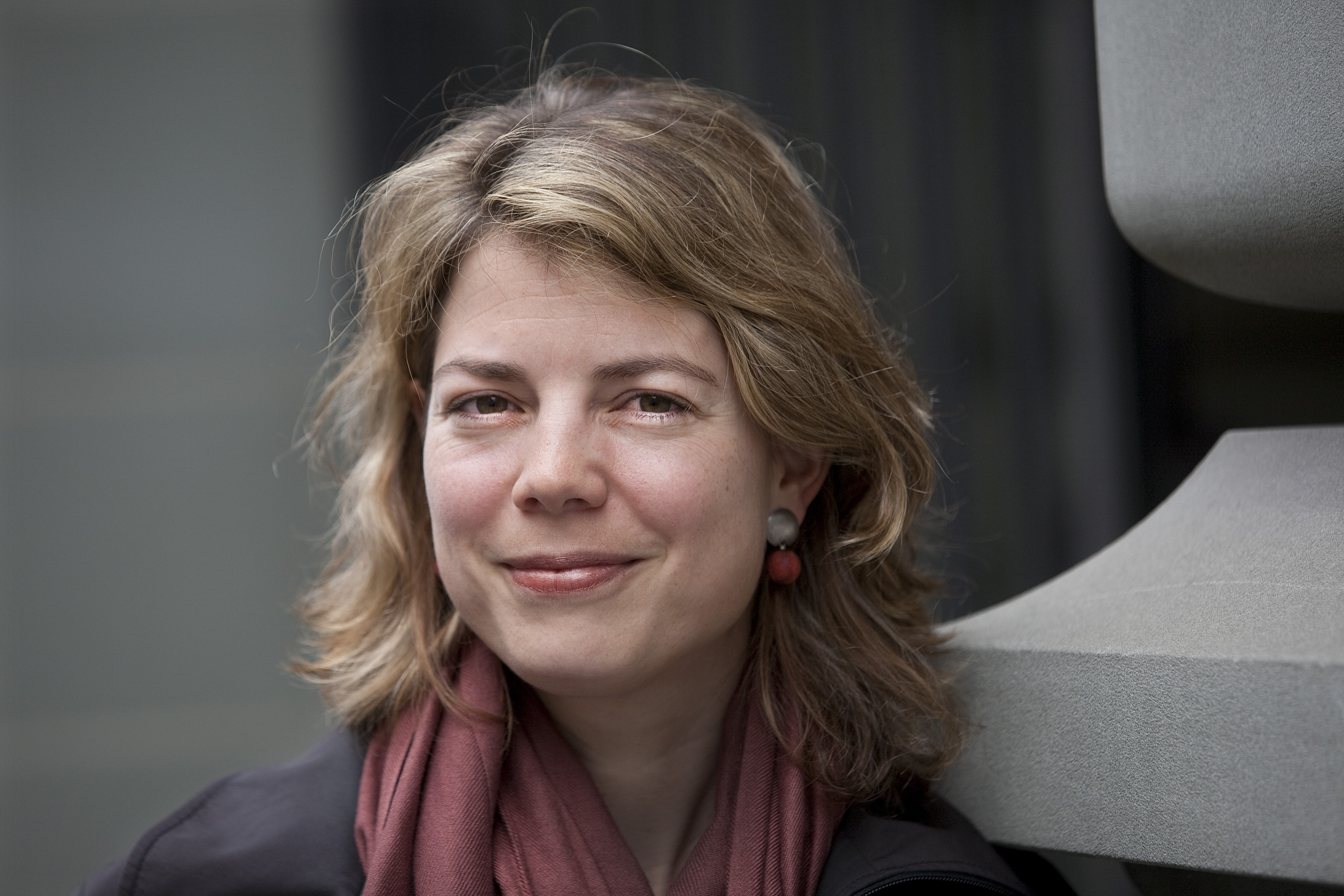
Amnesty International is calling on the new governments in Tunisia and Egypt to respect human rights violated by the previous authoritarian rulers.
Manon Schick, director of the Swiss branch of Amnesty, tells swissinfo.ch that the human rights organisation’s impact is limited but its strength is the conviction of its members to fight for the cause.
Amnesty’s 50th anniversary began with the “Arab Spring” – a sign of hope for many that the situation in North Africa will take a turn for the better.
But she says the fight for human rights is not won and there is still a long way to go in other countries across the world.
swissinfo.ch: Tunisia and Egypt have witnessed relatively peaceful revolutions. Will human rights in the future be better respected there?
Manon Schick: Human rights in both countries are nearly non-existent. Some progress can be taken for granted if you start at zero – regardless of the coalition that will be in power as long as it is a democratic government.
Amnesty has contacted all the political parties to give them an agenda for change and improving human rights. Unfortunately no major breakthrough has been made.
There is no female representative in the committee which is going to draft a new constitution in Egypt, although hundreds of thousands of women took part in the protests. They are cultured and educated and want to have a say too. It’s up to non-governmental organisations such as Amnesty to draw attention to this and build up pressure.
Equally the Swiss government granting financial aid to Egypt should urge the respect of human rights and gender equality.
swissinfo.ch: Can Amnesty confirm rumours about massacres in Libya?
M.S.: In a conflict of this kind which turns into a civil war there will unfortunately always be human rights violations and misinformation. That goes for both sides.
Amnesty’s delegate in eastern Libya has seen bodies bound together, hands on their backs and a bullet wound in the head. Forces loyal to Moammar Gaddafi claimed the victims fell in battle or were trying to flee. But clearly they were shot at point blank range.
In this case we have to try to establish the facts. We call on the United Nations to do the same because those responsible for the killings have to face justice one day. This goes for not only Gaddafi’s forces, but also the rebels.
Hopefully the threat of being brought to justice stops others from carrying out massacres. Yet we know that Gaddafi’s troops are not easily impressed by such legal threats.
swissinfo.ch: What does Amnesty make of the United Nations and the international community in general taking sides with the local population in Libya and Ivory Coast?
M.S.: This is very thorny issue. A few years ago Amnesty said that the use of force by the UN was possible in specific cases, as a last resort. The problem is that violence triggers more human rights breaches. Sending international forces to a country creates huge problems.
In an ideal situation there is outside intervention before a situation gets out of hand. Ideally nobody should have supported Gaddafi’s regime, signed accords with him and given in to his blackmail about deals to stop African refugees trying to get to Europe.
swissinfo.ch: Has the human rights situation improved over the past 50 years?
M.S.: Let’s say that on the level of international agreements we have seen an improvement. Just look at the number of conventions ratified by many states. Above all there has been enormous progress when it comes to international justice institutions, including the International Criminal Court.
In stark contrast, the situation on the ground has not improved. Ask an ordinary citizen in the Democratic Republic of Congo, Burma or Libya that question – the answer will be three times “no”.
There are still many victims of human rights abuses; there have been a number of genocides since 1961 and a lot of bad things have happened although they should not have.
swissinfo.ch: To what extent is your work made more difficult by the fact that it no longer necessarily opposes states but armed forces?
M.S.: It complicates our work enormously. In some countries we started a dialogue with certain armed groups, for example the Palestinian territories and Colombia. But in most cases nothing was achieved, no documents were signed. Therefore our means to exert some pressure are very limited.
The same goes for our efforts to push multinational companies for more human rights. At least they seem to be concerned about their image and therefore try to respond to our criticism.
swissinfo.ch: What powers does Amnesty really have?
M.S.: The power lies with the members of Amnesty, the largest human rights organisation in the world. We have about 3.2 million supporters, including activists – people who are prepared to take to the streets.
But it’s rarely Amnesty activists alone who fight for a case, for example the liberation of a person from a detention centre in China. Others – local groups, family members, lawyers – also get involved. But Amnesty, with its international reputation, gives them the legitimacy to do so.
Admittedly our reputation is not nearly big enough to make a difference in conflicts such as Libya or Ivory Coast. Amnesty can ask questions and point the finger. We can try to mobilise people to make sure these things don’t get forgotten. But really our impact is very limited.
Amnesty International was founded in 1961 by British lawyer Peter Benenson, who said he was travelling on the London Underground in November 1960 when he read of two Portuguese students who had been sentenced by the Salazar regime to seven years of imprisonment for allegedly “having drunk a toast to liberty”.
Amnesty was awarded the Nobel Peace Prize in 1977 for its campaign against torture.
According to its 2010 report, it has 2.8 million members or supporters in more than 150 countries.
To celebrate the anniversary Amnesty is organising global candle Taste of Freedom dinners on May 28.
The Swiss branch of Amnesty launched the anniversary celebration at its general assembly in Solothurn over the weekend. A number of events are planned including concerts, exhibitions, conferences, demonstrations and street stands as well as a letter marathon.
Amnesty invites people to take part in a giant memory game on Zurich’s Paradeplatz in the city centre on May 28. The square – arguably the most expensive piece of real estate in Switzerland and symbol of the wealth of Swiss banks – will be renamed Human Rights Square for the occasion.
(Adapted from French by Urs Geiser)

In compliance with the JTI standards
More: SWI swissinfo.ch certified by the Journalism Trust Initiative
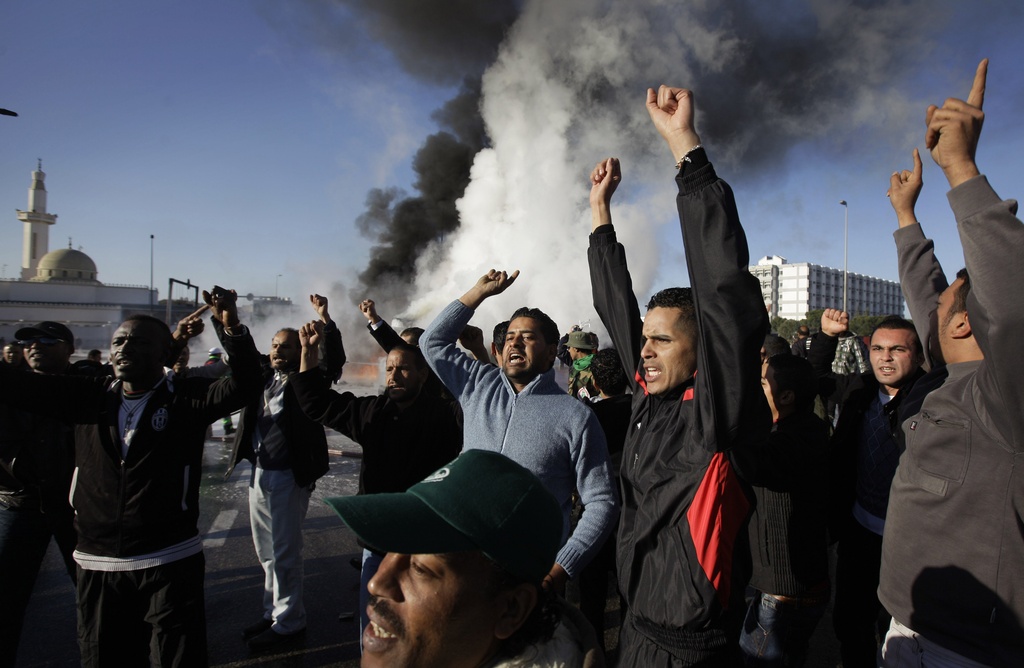
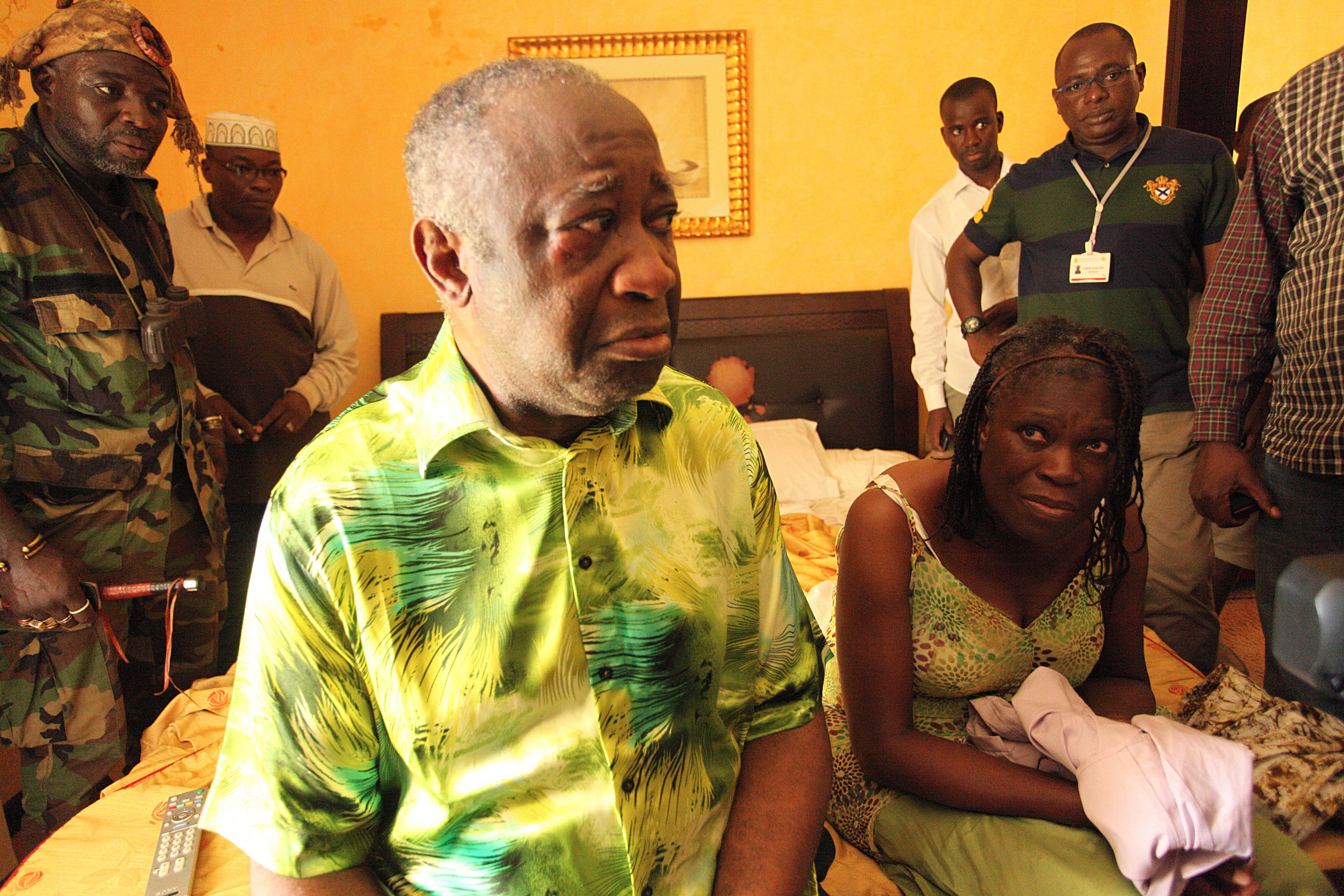
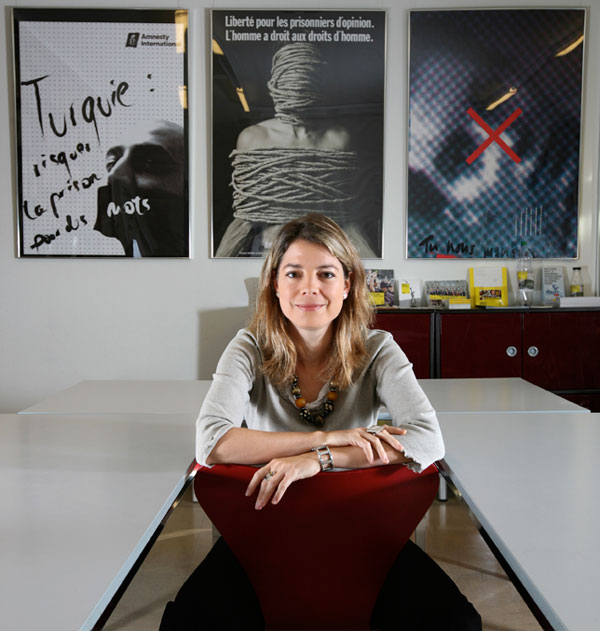
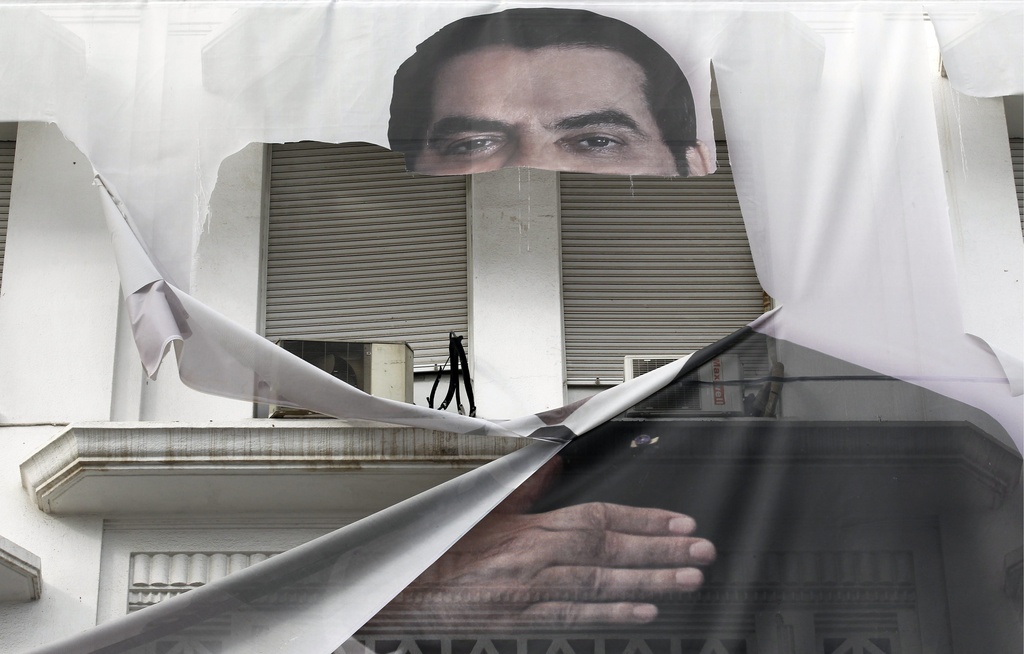
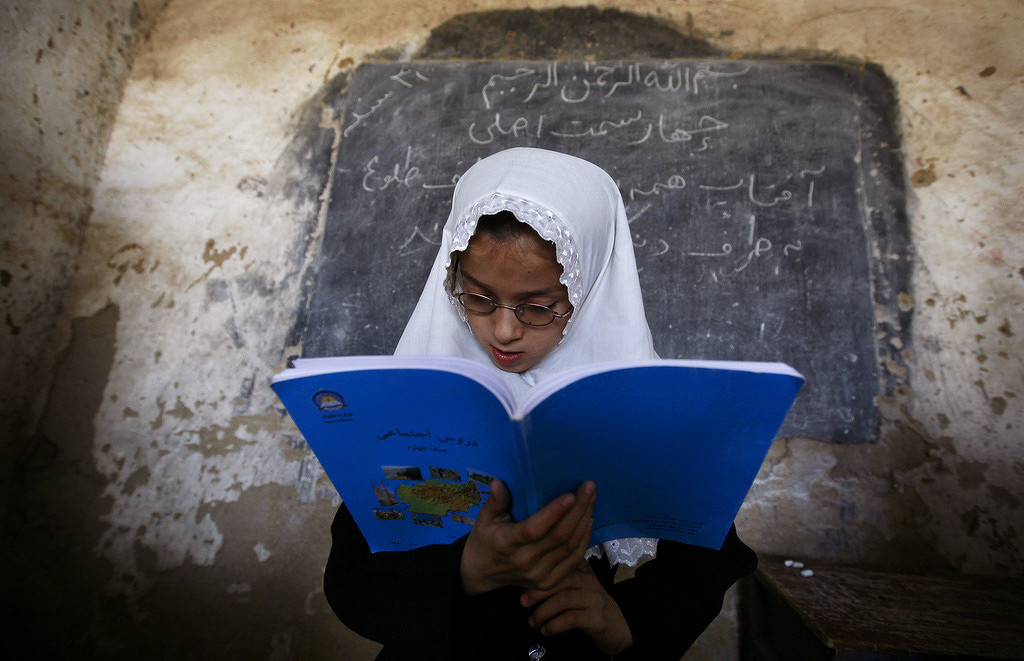
You can find an overview of ongoing debates with our journalists here. Please join us!
If you want to start a conversation about a topic raised in this article or want to report factual errors, email us at english@swissinfo.ch.